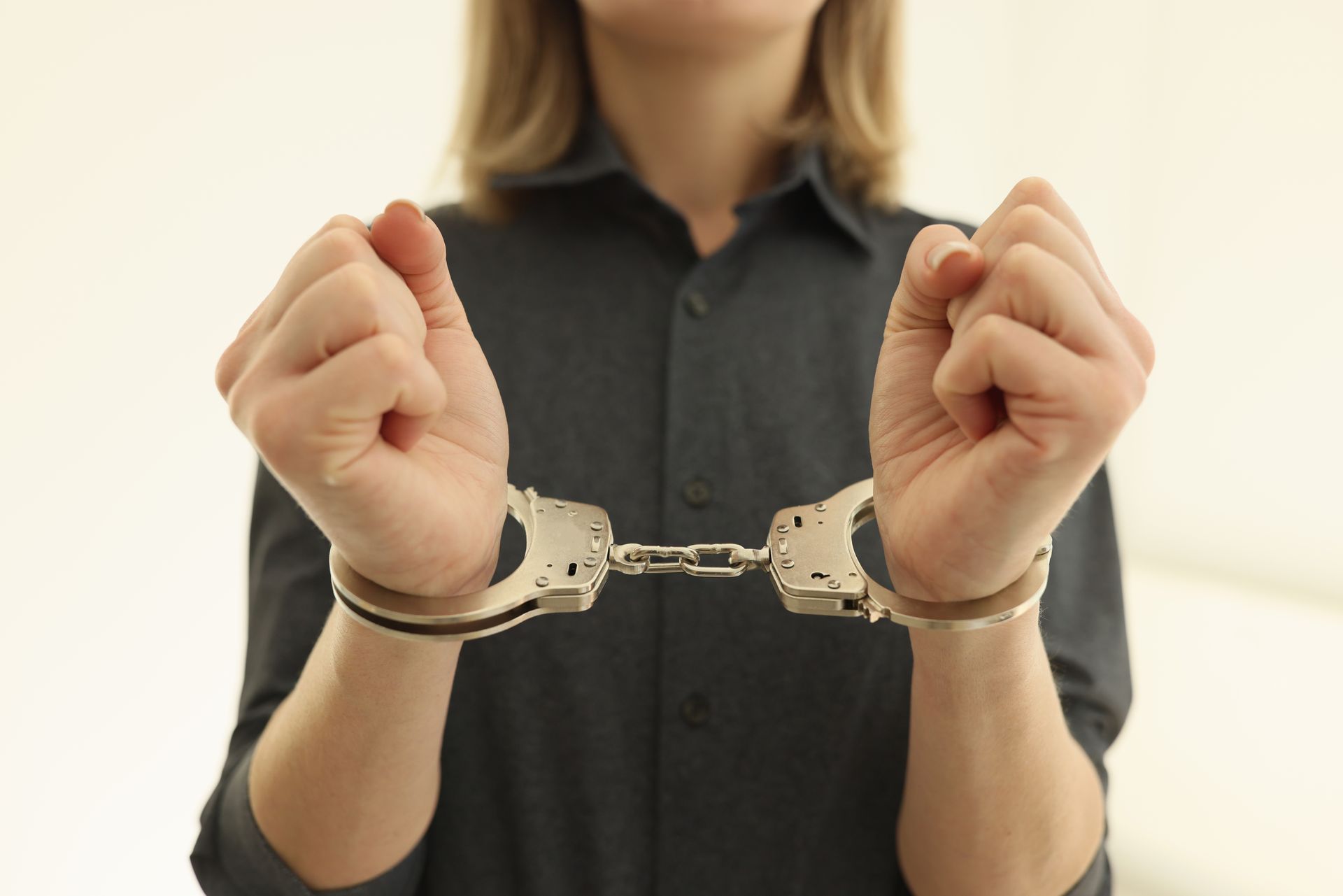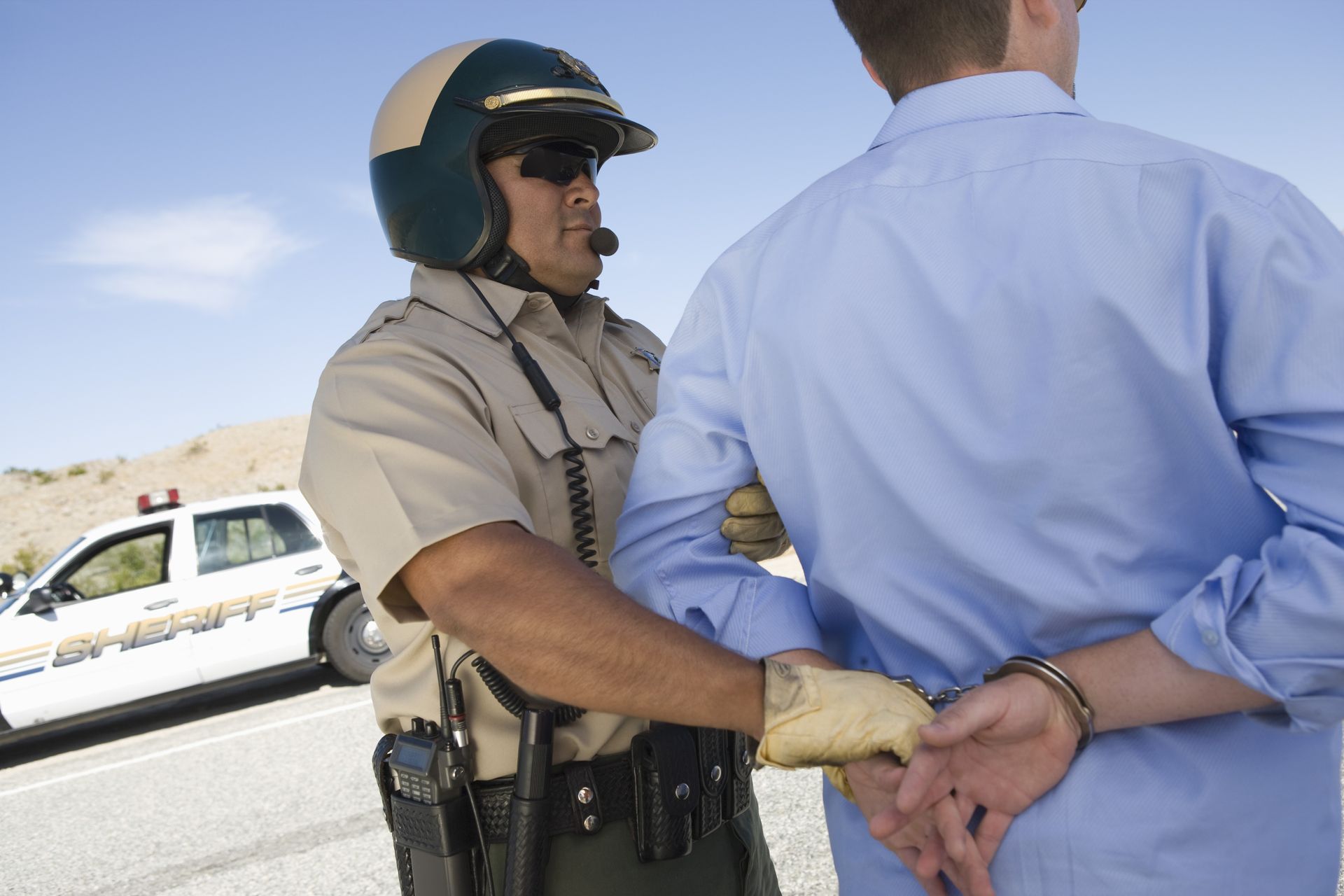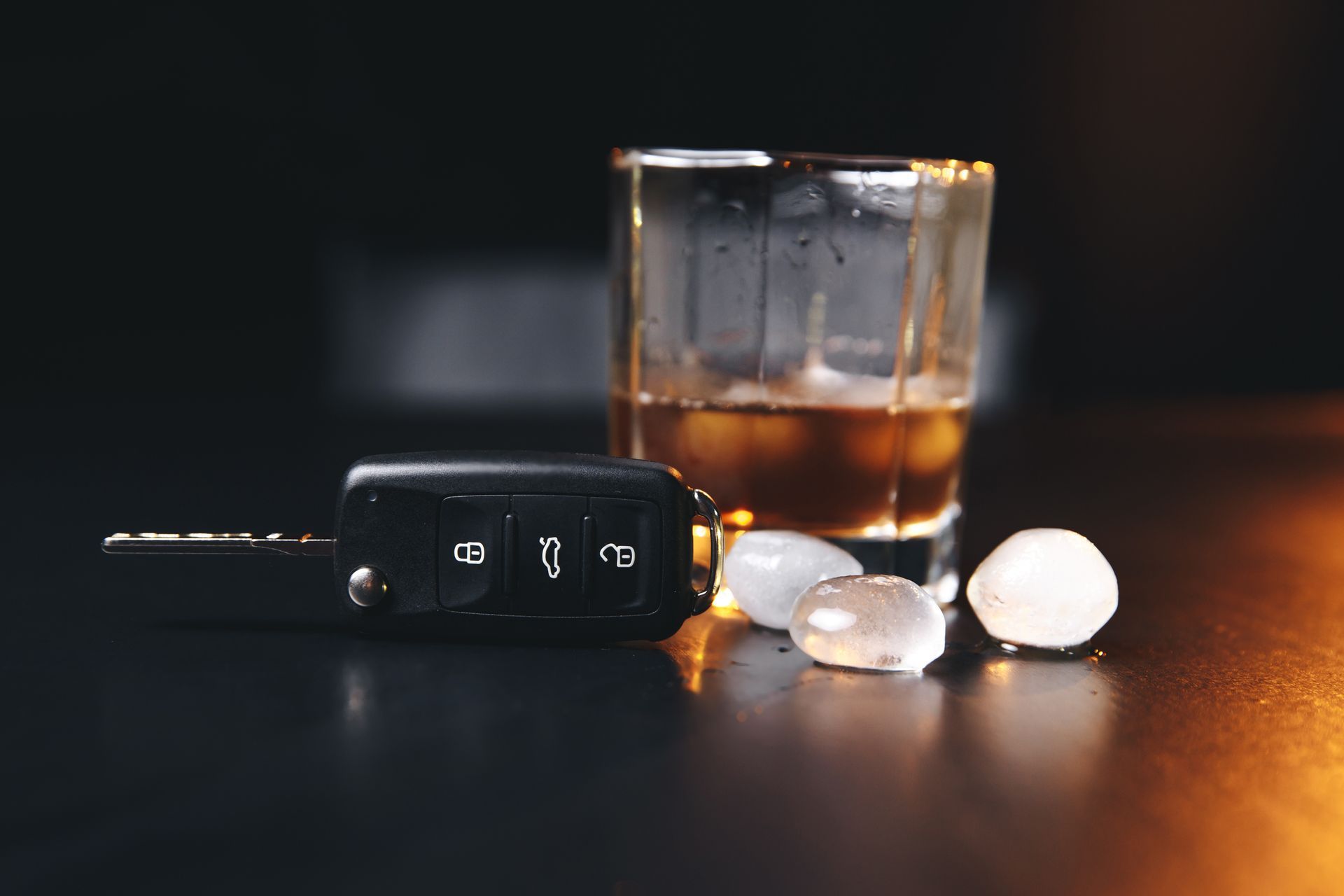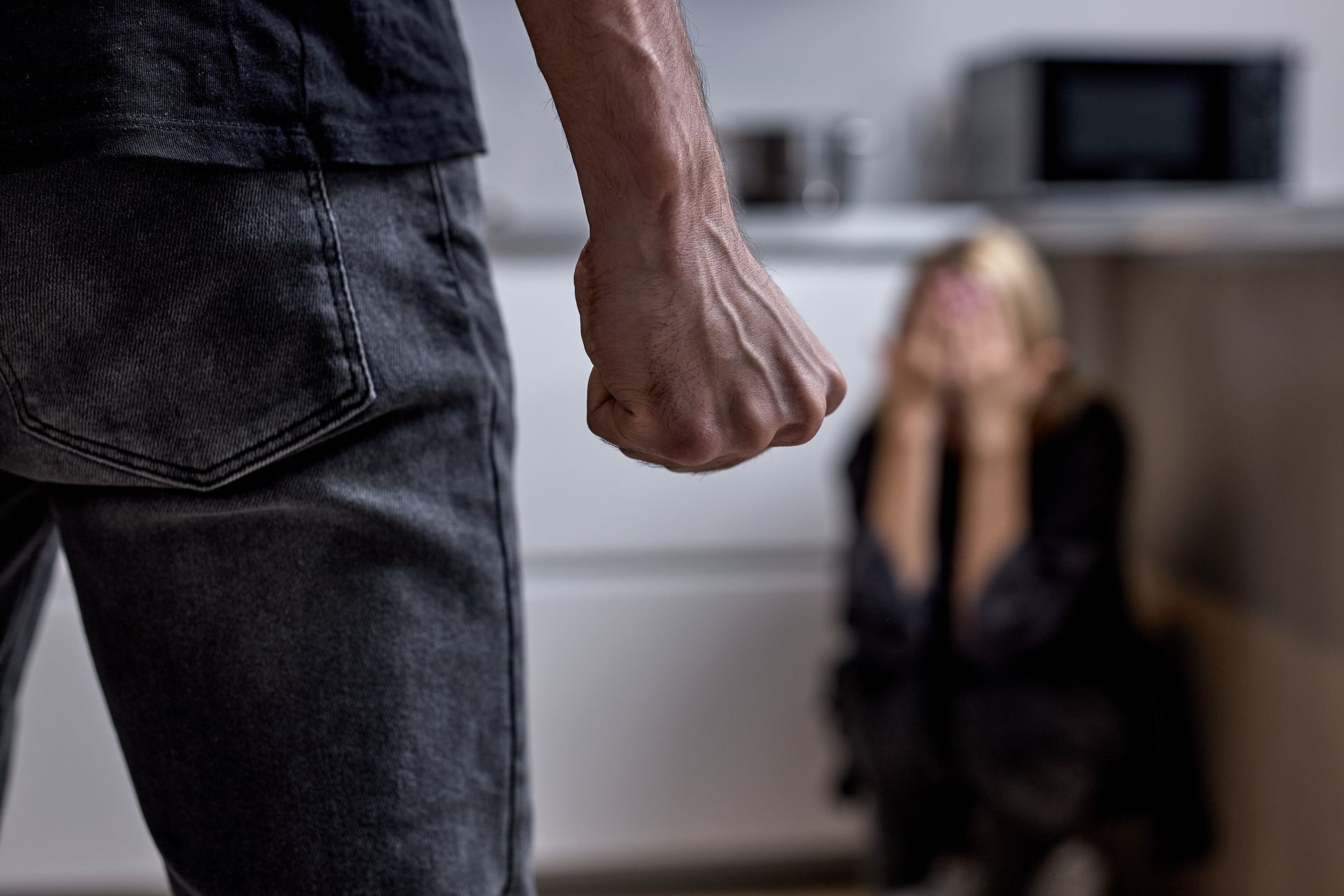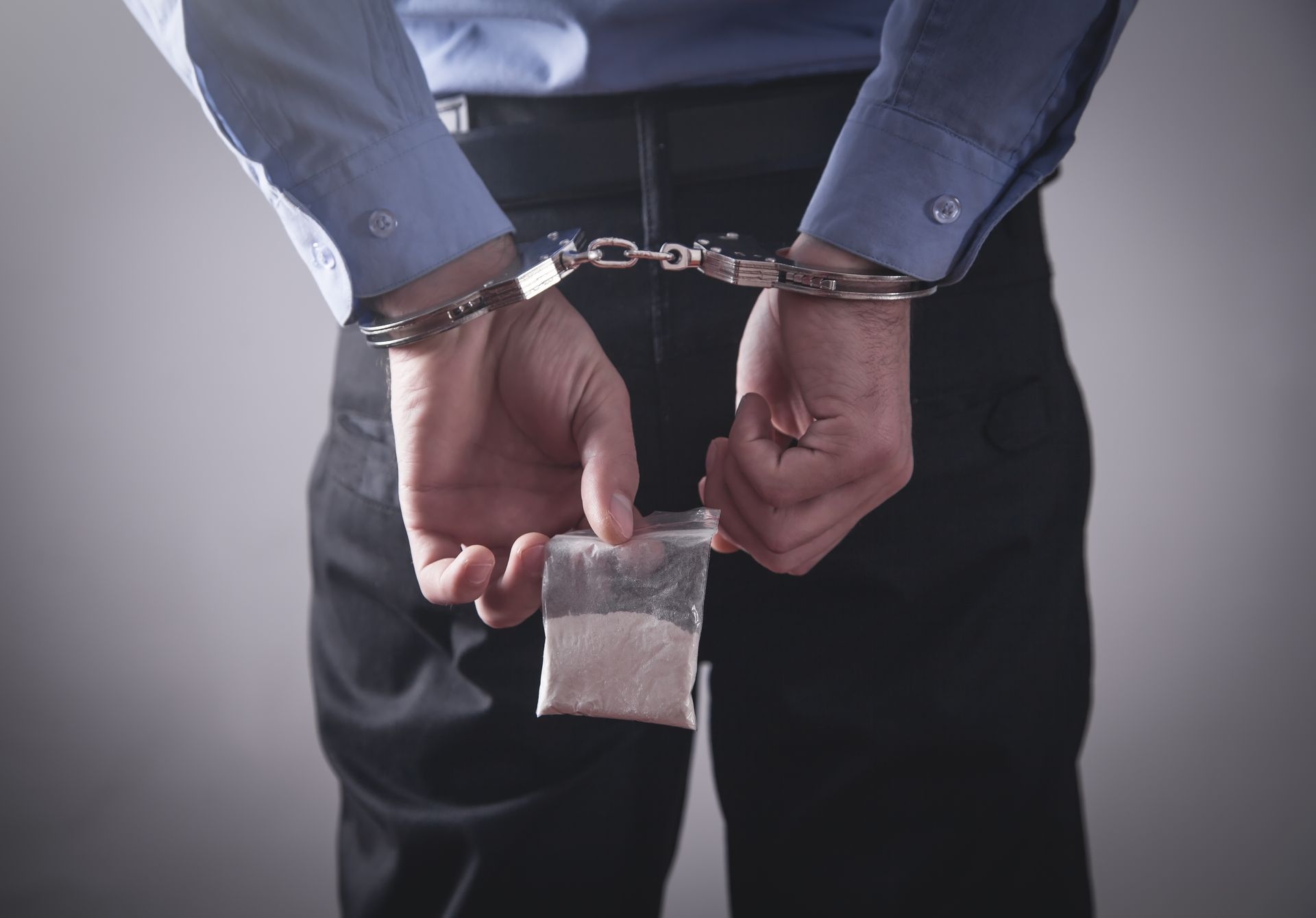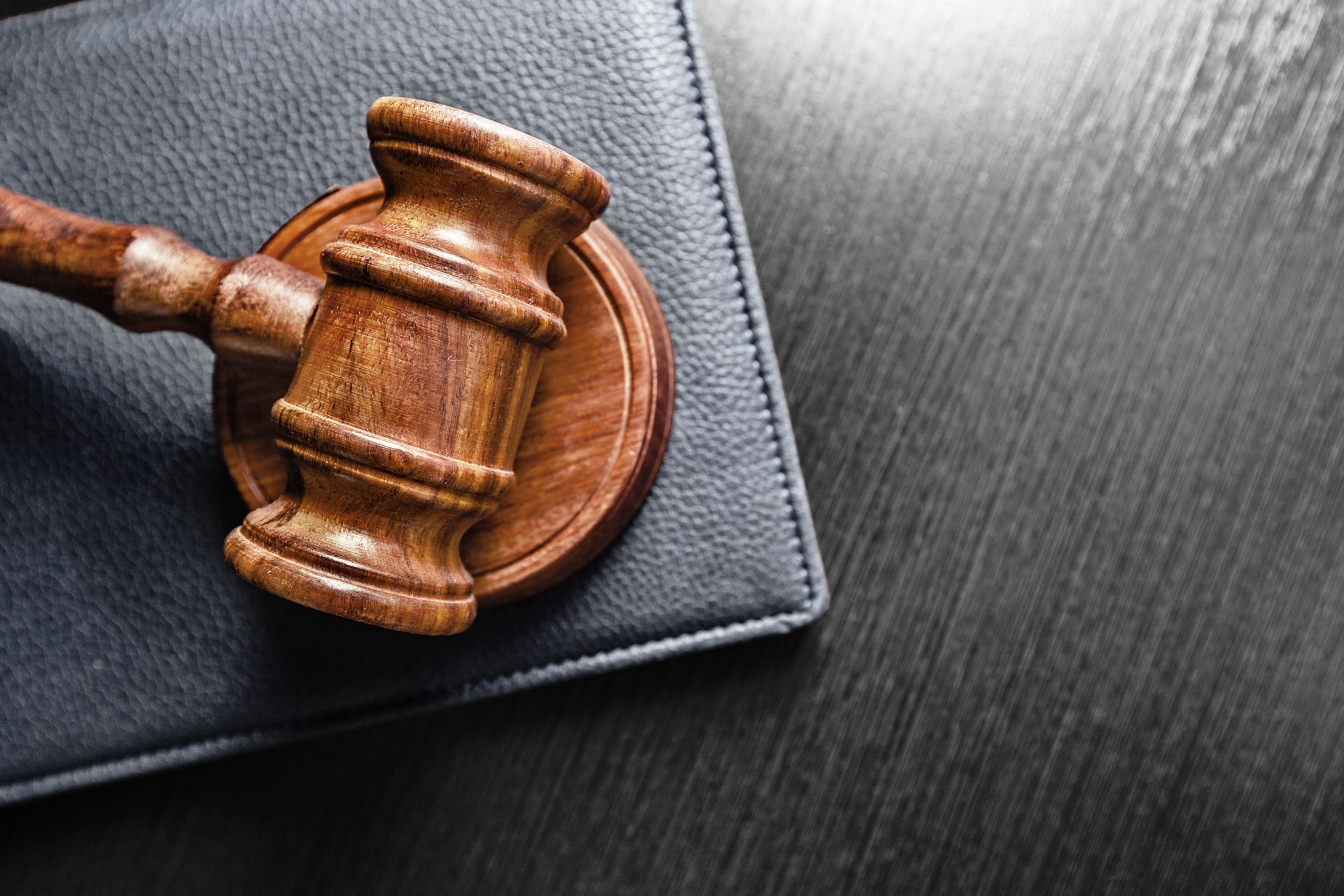How Much Does a DUI Cost in Florida?
A DUI charge, or Driving Under the Influence, is a very serious and life-altering event in any state. DUI penalties in Florida are severe and are often zealously pursued by prosecutors; if a person is charged with multiple DUIs, expect the consequences to increase. It is imperative to remember your rights after a DUI charge and, with the help of a dedicated and aggressive DUI attorney, determine the right course of action depending on your unique case and the circumstances of your arrest.
The overall costs of a DUI in Florida can add up. They encompass everything from court fees to insurance rate hikes, fines, and attorney fees. Expect to pay for most or all of the following costs:
- Court Fees: $500 – $2,000 for a BAC of .08 -.14; $2,000 – $4,000 for a BAC of .15 or higher
- Towing Fee: $250 – $500
- DUI Fines (probation, DUI School, Treatment): $300 – $1500, depending on any prior DUIs
- Insurance Policy Rate Increase: $1000 – $2500
- Attorney Fees: $2,500 – $5,000 (potentially higher if an injury is caused to another person)
The above costs do not take into account the potential loss of income incurred while someone is serving a jail sentence or completing a mandatory treatment program.
What to Expect After a DUI Arrest in Brevard County, FL
In every state, including Florida, DUI penalties are taken seriously by the courts and are pursued relentlessly by the prosecution. In Brevard County, the alleged perpetrator’s eventual penalties will depend on their level of intoxication at the time of the arrest, any other crimes on their record, and what, if any, injuries or damages were a result of their driving. Intoxication tests done at the police station post-arrest can use urine, blood, and breath to determine the exact level of inebriation.
Once the test for alcohol intoxication is completed, know that anything over a .08% blood alcohol content (BAC) is considered a DUI; if you are a commercial driver, this amount is much lower at just .04% BAC. Furthermore, commercial drivers under the age of 21 cannot have any percentage of BAC as this is a zero-tolerance policy for underage drinking.
Every person has physical differences that cause them to metabolize alcohol or other illicit substances at a different rate, and not every person will outwardly manifest intoxication in the same way. For example, a person who is arrested for DUI may still have drugs detectable in their bloodstream while not feeling as though they are intoxicated if several hours have passed since they consumed the drug. This also varies depending on how frequently the person uses this drug or other drugs.
There is no exact way to determine the effect your intoxication test will have on your DUI case. A DUI defense attorney can approach and analyze the events leading up to and after your arrest and offer sound legal advice regarding your impending case and possible defenses that will lessen or even eradicate your charge based on the test’s timing, method of administration, lab analysis, or other circumstances. Because DUI penalties are so costly and severe, a criminal defense attorney with a personalized, passionate, and highly skilled approach can offer legal counsel to help you understand your rights and ensure the greatest possible outcome for your future.
FAQs
Q: What Is the Average DUI Cost in Florida?
A: DUI costs vary from case to case on a multitude of factors. The average cost includes court fees, towing costs, fines, probation, treatment, and DUI school, as well as increased insurance costs. Overall, a person charged and convicted of a DUI can expect to pay an average of $4500 for all of the above costs; the cost will be higher depending on the fine and post-conviction penalties.
Q: How Much Is Your First DUI in Florida?
A:
If a person does not have any other prior DUIs in Florida, they still face a significant
monetary responsibility if convicted. A first-offense DUI is considered a misdemeanor
under Florida law, and court fees will range from $500-$1000. BAC levels at or above
0.15% will also cause fines to increase by potentially $1000. Even if this is your first
offense, the penalties for DUI in Florida are harsh; if your driving caused injuries or
damage, expect the fines to rise in excess of $5000.
Q: How Much Does a Lawyer Charge for a DUI in Florida?
A:
Many DUI attorneys will help clients assuage the financial burden of a DUI by charging a
flat fee, while others will charge an hourly fee. Depending on the details of your case,
attorney fees can range from about $2000-$7000 in Florida, but a reputable and
responsible legal team will ensure your case is handled correctly and efficiently to keep
costs as low as possible. A public defendant option is available to those who qualify, but they
may not be willing or able to positively affect your case’s outcome.
Q: What Is the Highest Cost of a DUI in Florida?
A: There is no way to determine exactly how much your DUI will cost you because a conviction will impact your life and your future in a myriad of ways. In addition to all the fees and penalties, the revocation of a driver’s license, potential loss of job and income, time spent serving a sentence in jail, and your ability to obtain full employment after your conviction, the financial burden you may face could be tens of thousands of dollars. There is also an emotional cost to yourself and your loved ones, which you must account for after a DUI arrest, charge, and potential conviction.
Finding a DUI Lawyer in Brevard County, Florida
Chang Law Firm in Brevard County can help personally and professionally assess your case to determine an effective course of action moving forward. A DUI charge is an extremely stressful situation compounded by severe penalties and policies under the law. Our DUI attorneys have many years of experience defending DUI cases and can provide immediate help once contacted. Our firm cares about your rights and your future and can provide honest and informative answers to all your questions. Contact our office today , and we can start your consultation.


